We have been in a female rap renaissance for at least the last decade, but this year has been particularly kind to Southern women in rap and their supporters.
In June, I was standing in a sold-out arena full of women, gays and theys throwing ass to a rapper from Houston. I wish I had asked my friend to snap a picture of the huge smile on my face.
Female rappers from the South (or any region, for that matter) haven’t had sold-out shows of this scale in years. This moment in rap represents a much-needed reset. For all the heckling about Megan Thee Stallion’s arena tour, led by the likes of “The Breakfast Club” — host Charlamagne Tha God ultimately walked back his comment that Megan isn’t an “arena artist” — the Houston rapper largely sold out the dates for her Hot Girl Summer Tour. And from the looks of it online, Latto’s Sugar Honey Iced Tea Tour has been selling well.
Oh, how I have waited for the day that female rappers get their due.
One of my first pieces as a working writer was “Rap’s Rapidly Vanishing Female MC,” a 2008 essay lamenting a noticeable lack of women rappers in the genre. I cringe quite a bit at what I wrote back then. But at its crux, the piece is still an earnest appreciation for women in hip-hop and a genuine plea for labels to sign more of them.
Two months after that story was published, Nicki Minaj released her second mixtape, “Sucka Free,” a solid effort. The following year, she dropped “Beam Me Up Scotty,” the project that catapulted her to stardom and helped her go on to singlehandedly revive a subgenre of rap. Still, for all her success, it would take several more years before hip-hop felt more reflective of the 1990s and early 2000s, when there were multiple successful female artists.
In those days, female rappers were largely attached to tours with their record labels, including Cash Money, Ruff Ryders, No Limit and others. Their shows were male-dominated events. Now we have Southern women artists launching their own successful arena tours in an environment that feels noticeably different — and safer, for some — than a tour headlined by their male counterparts.
Gangsta Boo, Mia X, Trina, Ghetto Twiinz, Jackie-O and others, of course, laid the foundation for this moment. Like UGK and the Geto Boys, these artists were respected and successful, but not considered as accessible at the time due to regional biases. Some of those biases linger in the ether, but they are now drowned out by the larger crowds.
Al Pereira via Getty Images
That’s what makes it such a wonder to see rappers like Megan running the show. For everything else in the world that’s not working in this decade, women are thriving in hip-hop in ways I couldn’t have conceived when I first wrote that article.
Beyond the stage, the music is hitting, too.
Fans who have missed Megan’s alter ego, Tina Snow, will be pleased to know she has returned to form with “Megan: Act II,” led by hit single “Bigger In Texas.” If judged fairly, it is one of the best rap songs released this year.
“Glorious,” the exceptional debut album from GloRilla, has to be making Gangsta Boo’s spirit smile. She’s released multiple hits this year — and proved her voice, deep as it is on the album, doesn’t need correction, as critics like JT have claimed.
JT’s missteps aside, her mixtape, “City Cinderella,” shows her growth and continued promise as a solo act. I went to her show in Los Angeles, and much as catching Covid there sucked, it was a joy to rap “90s Baby” with my bestie as the two oldest people in the room.
Latto’s “Sugar Honey Iced Tea” is rightfully garnering respect for the rapper — she should’ve gotten more love for her debut, “Queen of da Souf,” but it’s never too late for people to catch up.
Then, there is Atlanta rapper Anycia, whose “Princess Pop That” album, led by the single “Back Outside” featuring Latto, has carried me through a ridiculous 2024. She said her mission with the album was to make the listener feel like “the baddest bitch,” and she succeeded.
And there’s Flo Milli’s “Fine Ho, Stay.” And Monaleo with the “Throwing Bows” mixtape. And KenTheMan, who has been quieter this year but still released “BDK.” Same for SouthDallas KeKe’s “You Ain’t Like That,” which was released earlier this year.
There are so many more names I could drop, and that’s what excites me about the state of women in hip-hop right now.
We Need Your Support
Already contributed? Log in to hide these messages.
As an elder millennial, I’m used to being disappointed by society, but I like to celebrate small victories when I find them. Being able to now write about Southern female rappers from the perspective of success and abundance is one I don’t take for granted.
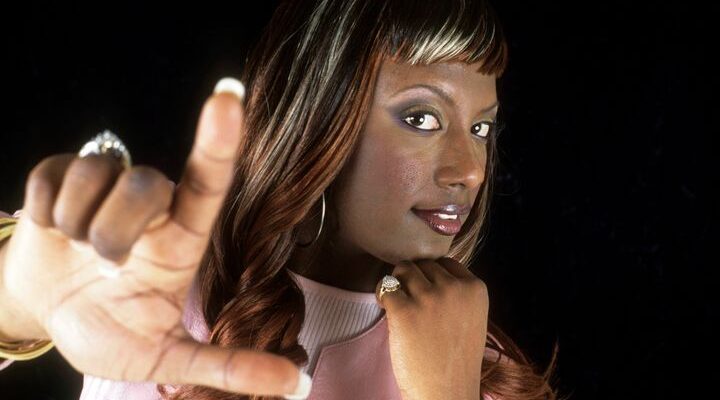
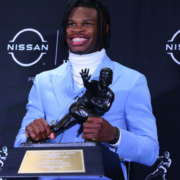
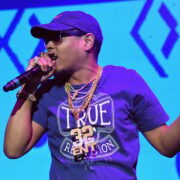
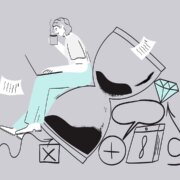
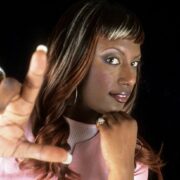





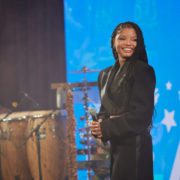
Comments